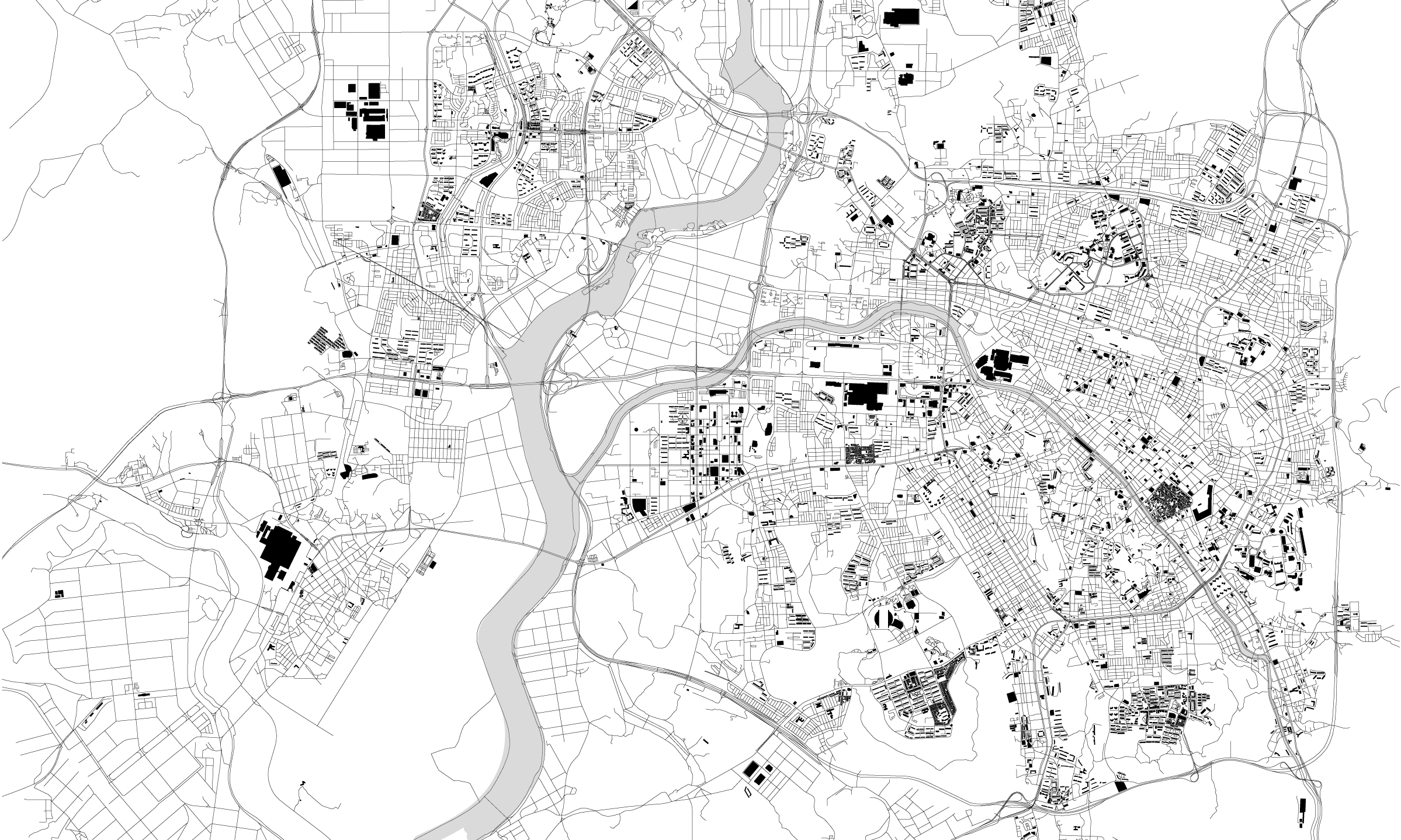Gwangju Biennale Exhibition Hall
111 Biennale-ro, Yongbong-dong, Buk-gu, 61104 Gwangju, South Korea
T. +82 (0)62 608 4114
The Gwangju Biennale Exhibition Hall has served as the primary location of the Gwangju Biennale since its inception in 1995. Opening its gates for the first time fifteen years after the violent repression of the Gwangju Democratization Movement, it commemorates the spirits of the uprising and addresses their significance in light of contemporary and historical […] READ MORE
Gallery 1
Rising Together Reconfiguring the gallery as a prism, Rising Together invites audiences to pass through a spectrum of commemorative aesthetics, virtual terrains, forms of gathering, and sacred emblems of protection and recovery. John Gerrard’s intensive engagement with neural networks and deep learning and Ana María Millán’s virtual world-building exercise both animate protagonists as a means […] READ MORE
Gallery 2
Kinship of Mountains, Fields and Rivers Modes of kinship figure not only between humans but also with the beyond human world(s), as in this gallery we converge amidst transforming ecologies from mountainous terrain to river currents and with communal practices from the Korean peninsula to Sápmi and Aotearoa (New Zealand). Works in this gallery actively […] READ MORE
Gallery 3
Bodies in Desire, Beyond the Disciplinary Fold What forms of intelligence become dominant formations—technocratic or heteronormative––in today’s globalized societies? As authoritarian forces rise and agents of militarism proliferate, we consider here the ways in which collective freedom is harnessed through social imaginaries that resist the grip of incarceration and surveillance to mobilize systems of care […] READ MORE
Gallery 4
Matters of Mutation Accelerated capitalism stirs crises within and between bodies amid the paradoxical textures of time. The jagged and atonal moment we are living through unleashes mutant beings—both microscopic and colossal—that quickly replace dated concepts of beauty, race, and western constructs of “nature.” Works by Gözde Ilkin and Rajni Perera conceive synergies between humans, […] READ MORE
Gallery 5
Matriarchy in Motion Matriarchal cultures and knowledge acquired through feminine wisdom(s) circulate in the endmost gallery of the Biennale Hall. We convene here amid the unveiling of “dissident goddesses” in historical paintings of dragon queens from popular Korean mythology and cine-somatic readings of land struggles, dispossession, and matrilineal grounds that connect us with Aboriginal Australia […] READ MORE
Gwangju National Museum
110 Haseo-ro, Buk-gu, 61066 Gwangju, South Korea
T. +82 62-570-7000
The exhibition here unveils a dialogue with conceptions of death and the afterlife, reparation of spirit-objects, corporeal limits of the body as well as acts of mourning through newly commissioned works by Theo Eshetu, Trajal Harrell, Gala Porras-Kim, and Cecilia Vicuña. From the ephemeral aura of a flower mandala by Chrysanne Stathacos to the loneliness […] READ MORE
Gwangju Theater
10 Chungjang-ro 46beon-gil, Dong-gu, 61480 Gwangju, South Korea
T. +82 (0)62 225 8850
Judy Radul will challenge the concept of visual perception and “the image”, in a technological and biological sense, by pointing thermal cameras at a live orchestra performing at the 85 year-old Gwangju Theater, Korea’s single oldest cinema operating to date. Her installation stages an attempt to hijack a technology that usually appears in connection with […] READ MORE
Horanggasy Artpolygon
20, Jejung-ro 47beon-gil, Nam-gu, 61643 Gwangju, South Korea
T. +82 (0)62 682 0976
The Yangnim Mountain area is symbolic of a layering of histories, from Japanese colonisation and the anticolonial resistance, to Christian evangelisation across the Korean peninsula and the geo-political / militaristic influence of the United States. These histories can be traced through the well-preserved examples of traditional Korean architecture, the cave tunnels dug as bomb shelters […] READ MORE
